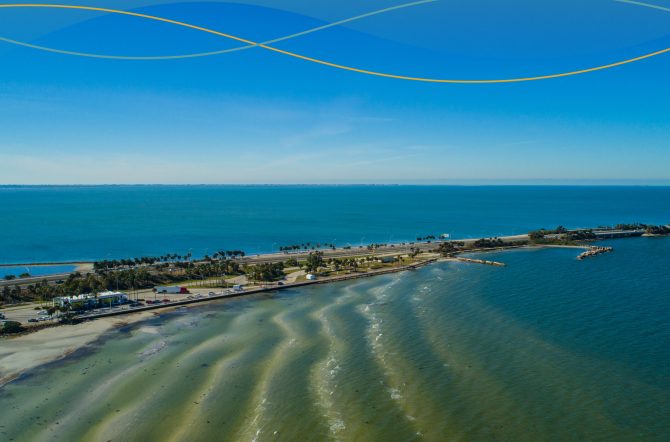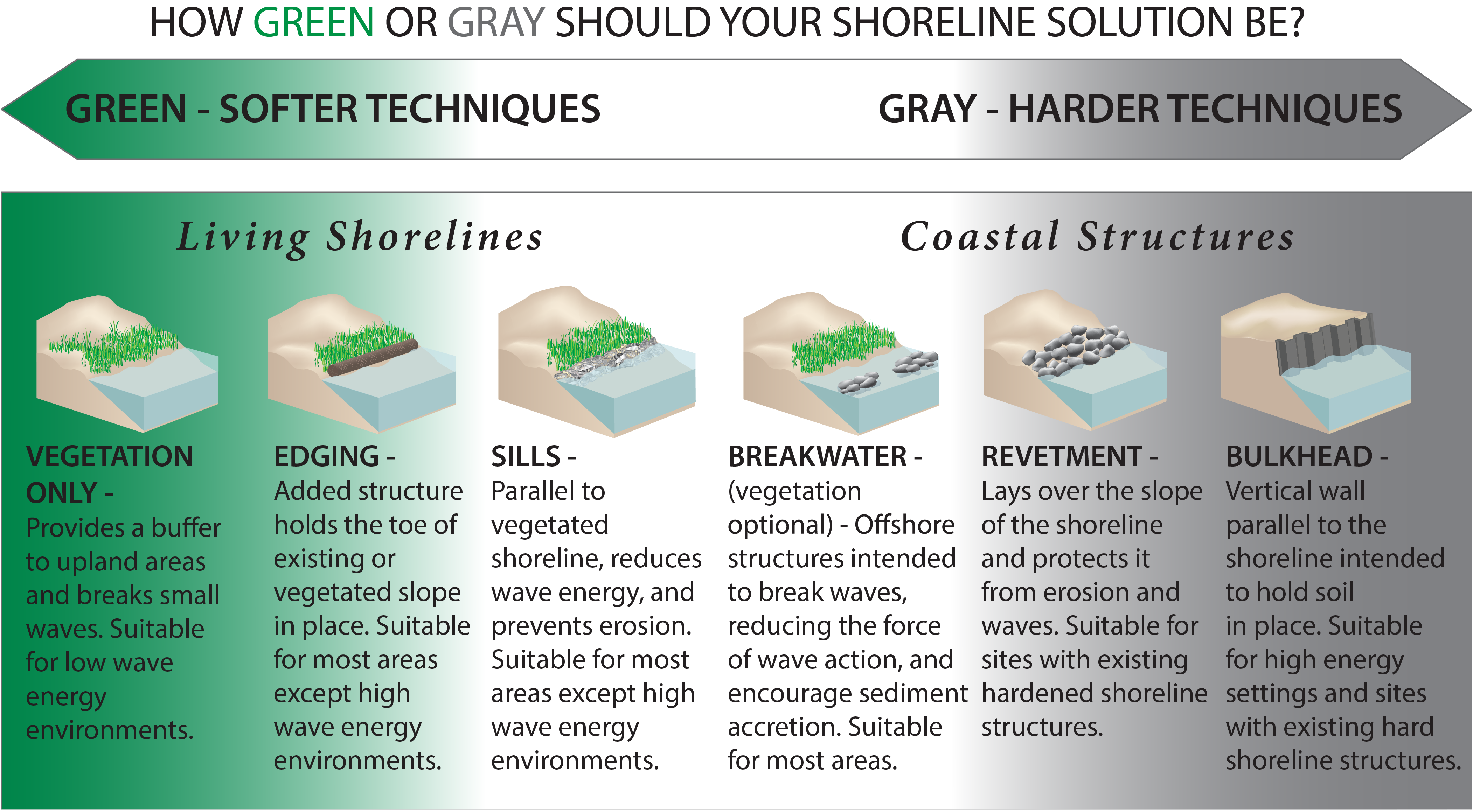TAMPA BAY, FL — TheTampa Bay Regional Planning Council will host the Resilient Ready Tampa Bay Symposium June 23 from 1:30 to 5:30 p.m. at the Tampa River Center.
The symposium will highlight the findings from three design charrettes that convened teams of multidisciplinary professionals, including planners, urban designers, landscape architects, engineers, and hydrologists, along with elected officials, municipal staff, residents and local stakeholders.
The charrettes examined three sites – the North Tampa Closed Basin, Pass-a-Grill at St. Pete Beach and R.E. Olds Park in Oldsmar – to better understand the current and future flooding threats to the Tampa Bay region and to create physical and planning adaptations for the respective sites.
“The three case study areas represent common landscape types and were chosen to represent a spectrum of flood-related problems facing the region,” said Sarah Vitale, senior planner and urban designer at the Tampa Bay Regional Planning Council. “These case studies can inspire and educate local leaders, and help them to become more ‘resilient ready’ to face our region’s current and future compound flooding challenges.”
The symposium will showcase innovative design concepts, strategies, and resources developed in collaboration with staff at the cities of Tampa, St. Pete Beach, and Oldsmar. These design-driven adaptation strategies can protect Tampa Bay communities and investments from a variety of current and future flood risks.
The report unveiled at the symposium will highlight the role of expanded use of multi-functional green infrastructure systems and resilient site design practices in creating a more resilient region. These solutions will be translated into regional resources freely available to the public.
“Florida, in some senses, is ground zero for climate change, sea level rise, and flooding. Our planning and design processes must adapt and adjust for these pressures,” said Sean Sullivan, executive director of Tampa Bay Regional Planning Council. “This project provides a toolkit for public and private sectors to use when exploring resilient construction and development projects.”
In addition, the symposium features panel discussions with top government officials, leading private sector design and engineering executives, and community leaders. The panel discussions will explore topics like cutting-edge design solutions, funding strategies and engaging the community in design solutions.
The Regional Planning Council is partnering with Urban Land Institute Tampa Bay, an association focused on responsible land use, wise choices in growth and development and the positive economic future of the communities in which they live and work, for the June 23 symposium.
The Resilient Ready Tampa Bay project was funded by the Florida Department of Environmental Protection’s Resilient Coastlines Initiative created by Gov. Ron DeSantis through the new Resilient Florida Program.
“It’s integral for these types of projects to move forward in order to protect Florida’s vibrant business, tourism, and real estate economies,” said Sullivan.
For more information, visit Resilient Ready Tampa Bay or register to attend at Resilient Ready Symposium.
The Tampa Bay Regional Planning Council brings together governments to coordinate planning for the community’s future and provide an opportunity for sharing solutions among the local government jurisdictions in the Tampa Bay region.
The TBRPC works with six counties and 21 municipalities as they make long-range plans related to the future of the Tampa Bay region.
The council’s work focuses on resiliency, planning for climate change and sea level rise, environmental management, water quality, emergency preparedness planning, protection and restoration of the Tampa Bay estuary, economic analysis, coastal zone management, housing and infrastructure analysis, local government comprehensive plan reviews, cross acceptance, dispute resolution and reviews of transportation plans.




